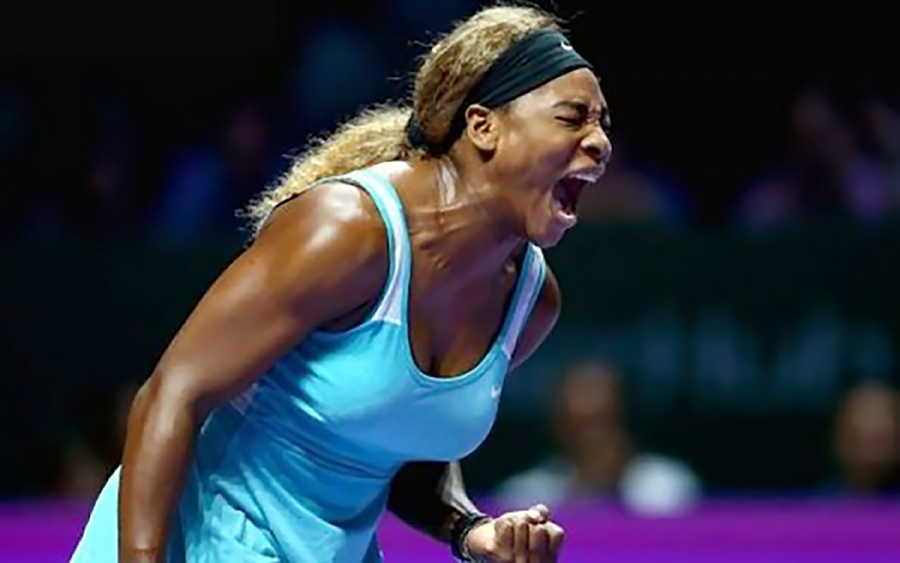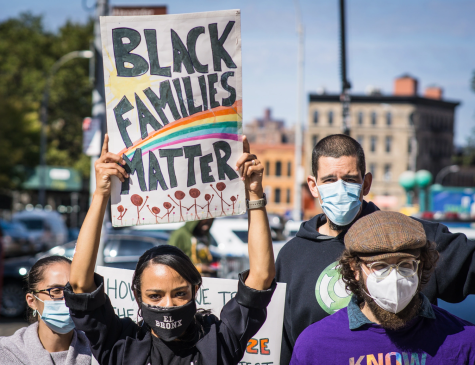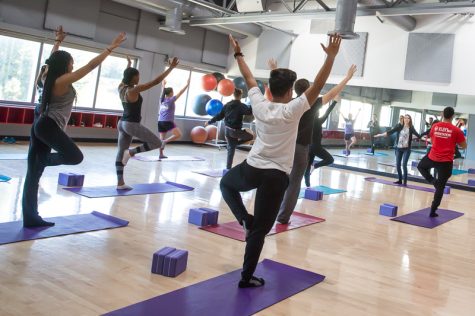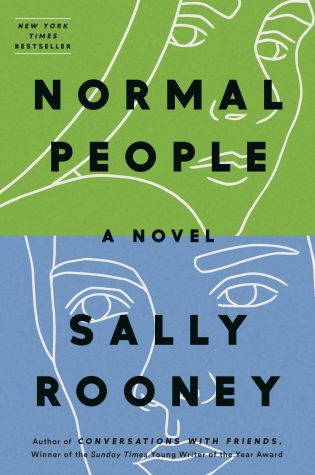Mass media misrepresents Black women
August 1, 2019
To be a black woman, is to be someone of resilience and determination. Spanning back as far as history books permit, the black woman has been one of, if not the most, disrespected and disregarded demographic of this country.
While it has taken us trials and tribulations to get to this point, we are here. We are fighting for what is right and just. The distorted perception of what it means to be a black woman has resided in every positive aspect that we carry.
While these things are seen as trivial tropes and futile stereotypes, this is the primary reason that black women face the most criticism of this country. We are constantly suppressed in our efforts to reclaim our name and the image that was so hastily bestowed upon us.
Between the discrepancies of how we are portrayed in the media, to the blatant discrimination fueled by the fetishization and overall mistreatment, there is a certain catalyst that there is pertaining to how we are viewed and what worth we hold.
The misrepresentation of black women in the media has cast a negative shadow of not only our character but our overall being.
Let us first take a look at some of the pioneers who have paved a way for women of color since the creation of this country. Notable women such as Ida B. Wells, Madame CJ Walker, and Sojourner Truth were only a select few of many that made outstanding contributions to the equality and suffrage movement for African American women.
It was only in the 1920’s when this demographic was granted proper voting rights without limitations and even then people of color had to wait years to get the vote. Since then, there have been new hardships encountered along the way. But nevertheless, we persisted.
Given the current political climate, a wave of new persecutions have presented themselves, whether indiscreet or not. Even in ways of presenting information about or pertaining to black women, there seems to be an underlying lack of respect and decorum when doing such.
Looking at a contemporary example, there have been myriad cases where a story might be framed differently given certain parameters. Framing is a tactic employed by journalists, whether directly or indirectly, to characterize issues in particular ways, emphasizing certain facts over others and privileging certain voices and perspectives.
Framing may be based on one’s biases and inadvertently reveal perspectives of said person reporting on the subject matter at hand. In essence, it is how the story is covered, what vocabulary is used, and from what angle.
For instance, let us take a look at news coverage pertaining to world-class tennis star Serena Williams. Williams has been competing at a professional level since 1995 and has received notoriety from her decorated career and many accomplishments throughout the duration of her tennis vocation. She has participated in 31 finals and competed amongst the top tennis players in the world.
After a tumultuous and equally as controversial call in the 2018 US open, Williams fell to her opponent and ultimately lost. In a fit of anger and confusion, she argued with the line judge after what some call an unfair call.
Now given that tennis is an undisputed emotional sport, this is nothing new for many players. However, upon the newsstands, Serena was framed as a whiny and unsportsmanlike player.
“Ms. Williams completely lost her composure and threw a temper tantrum like a four-year-old,” Ted Osborn of the South China Morning Post opined.
Here we have a world-class tennis star with more medals than any other woman in the history of tennis yet is being compared to a four-year-old for the amount of emotion and reaction she had to losing after a controversial call.
It even went as far as comic strips about her encapsulated an extremely masculine woman throwing a temper tantrum like a child after the questionable loss. In all fairness, this was an accurate representation.
Not only was she a target by the media, she was also a target for discrimination. In the comic, she is depicted excessively masculine, with large protruding lips that do not reflect her in any way. This exaggeration was not only a cheap shot at her appearance but also a racist jab.
Because she did not fit the description of conventional Eurocentric beauty standards, her body was utterly misshapen and fabricated in an attempt to make her seem uncivilized and even visceral.
With full intention, this comic was framed to make her look in a way she was not. Instead of being praised for this world-class sportsmanship and decorated career, she is targeted and belittled for her passion for the game and question of candor.
Aside from popular commentary and the distorted reality of what black women in sports hold, there is a direct parallel of how they are seen in other settings. Politics has been a platform where representation is a crucial factor in depicting the face of the people for which they are delegating.
It does not take an expert analyst to see that there is little representation in mainstream politics. With that being said, having a woman of color running for president is something practically unheard of as of the last century or so. Kamala Harris is here to do just that.
Now, I will be the first to admit, I am not the biggest fan of Harris. Aside from our differing beliefs in politics, she and I have conflicting views in terms of morals and ethics as well. While these differences are obvious, that does not mean she does not get the respect she rightfully deserves serving as a politician in a largely cisgender, heterosexual, male-dominated political field.
It is undeniably important to have women of color in politics, in an effort to rename the face of politics and prove that it can be diverse to serve the needs of multiple demographics of people.
We are seeing the blatant mistreatment of professional black women in an attempt to slander and discredit their names or images as they begin to take more official and prestigious status of honor.
As stated in an article by Melissa Petro, Harris was “admonished and shushed by her older, white male colleagues, prompting waves of praise and encouragement from the Progressive left.”
This is the exact behavior that reinforces stereotypes in attempts to keep the black woman silent and complicit. This once again ties to her media coverage, exemplifying the fact that she was undermined on both a professional and personal level.
However, this type of belittling is the exact catalyst for change.
When talking about media and the effects it has on formulating one’s image, it is not only beneficial but necessary to maneuver social media in ways of rewriting the narrative of what it means to be a black woman.
“Social media, I feel, helps black women have a space to express their full humanity,” said Luz Calvo, an Ethnic Studies professor at California State University, East Bay. “Mainstream media tends to rely on stereotypes. I think there is more need for black women and other women of color to create their own media platforms.”
Moreover, denoting these common stereotypes of a “ratchet black girl” or “strong independent black woman,” will, in turn, make for a more successful and overall cohesive image of what it means to be a black woman.
“I am raising a daughter. The reality is, a certain kind of strength will be required for her to make it through this life with her sanity and health – to not let racism and sexism kill her,” said Heidi Renee Lewis, Feminist and Gender Studies teacher at Colorado College. “…I have to be careful about telling her to be strong because I also want her to be fully human.”
With repairing and rebuilding the narrative of a black woman, we ourselves have to be accountable as well. Not downplaying out successes, self-deprecating our best features, or even minimizing our voices. It begins and ends with us.
















